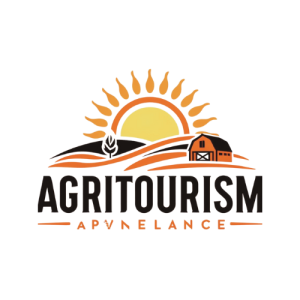THE AGRI TOURISM PROJECT

Description:
The agri-tourism sector, while offering significant potential for economic growth and rural development, faces numerous challenges in terms of sustainability, quality, and market reach. Recognizing this, the European Programme Leonardo da Vinci saw a need for targeted research and development.
The AGRI TOURISM project (2011-2013) directly addressed these needs. Co-financed by the Leonardo da Vinci – Partnerships programme, the project conducted a thorough investigation into the current state and future potential of the agri-tourism sector across the participating partner countries. The research aimed to identify key challenges, opportunities, and innovative approaches to promote sustainable development and improvement.
Activities:
The main actions of the agri-tourism project are:
- Research and comparative analysis on the training provided in the field of agri-tourism
- Identification of good practices concerning enterprises active in the agri-tourism sector
- Preparation of proposals for the improvement and support of the agri-tourism sector both at local and European level.
Results:
The project involves and addresses different target groups:
- Education and training providers on issues related to the wider rural and tourism sector
- Providers of certification of skills, in particular those required in the agri-tourism sector
- People employed in the rural and tourism sector either as entrepreneurs or as employees
- Trainees and/or unemployed persons wishing to become active in the agri-tourism sector
- Local and national authorities and policy makers in the fields of education, entrepreneurship and decentralised development
Partners:
The AGRI TOURISM project is coordinated by the AOC OOST Vocational and Technical Training Centre based in the Netherlands, with a total of 8 organisations from 7 European countries participating:
- Sweden,
- Norway,
- Netherlands,
- Slovakia,
- Romania,
- Portugal and
- Greece.

